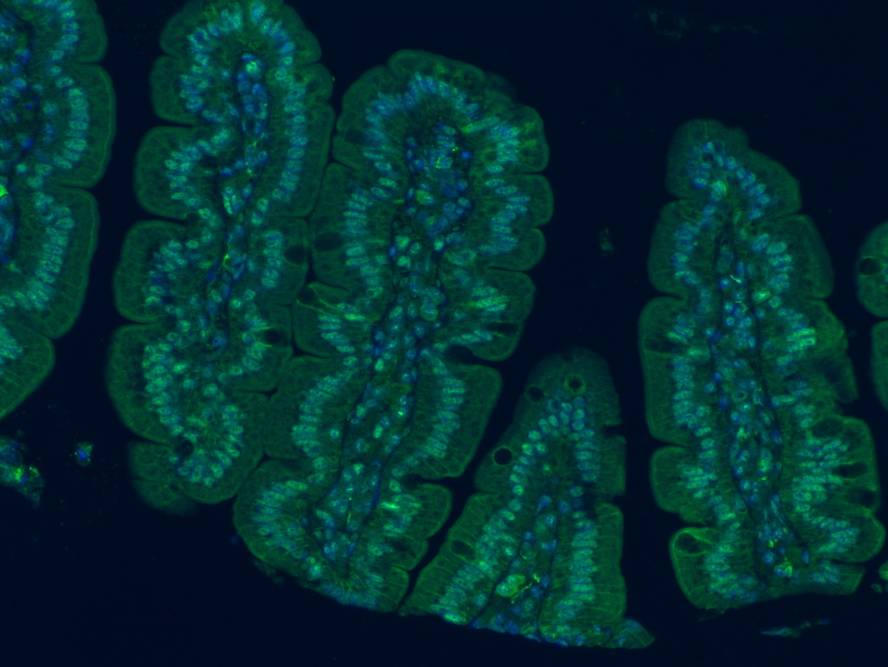The relationship between depression and intestinal microbial alteration is confirmed

Several studies conducted in recent years have suggested that depression may be due, among other factors, to the transformation of the intestinal microbe. So far, however, there were no consistent tests because they had been done with laboratory animals and the samples were not significant enough. Now, the two investigations with people have confirmed what they suggested. One of them has identified the genera of bacteria that may be related to depression.
2,600 people with symptoms of depression have been studied and have seen a decrease or increase in various types of bacteria in their stools. Changes in intestinal microbes are deduced from this. According to the study, the genera and families of bacteria that would be scarcely present in the microbe are: Coprococcus, Lachnospiraceae, Ruminococcaceae, Eubacterium ventriosum, Subdoligranulum and Ruminococcaceae. However, those that could be excessively numerous are: Sellimonas, Eggerthella, Lachnoclostridium and Hungatella.
These bacteria produce significant intestinal neurotransmitters for the functioning of the central nervous system: glutamate, butyrate, serotonin and GABA. And they consider that their lack can cause symptoms of depression.
The same scientists analyze in a second article the influence of ethnicity. In fact, the intestinal microbiota is predicted to be ethnically different. A total of 3,000 people of different ethnicities (Dutch, Ghanaians, Turks, Moroccans…) who live in Amsterdam (Netherlands) have been analysed and observed that, despite having a different microbiota, the bacteria related to depression are in all cases the same.
Researchers admit that the key to this issue has not yet been resolved: they do not know whether the depression that causes the alteration of the microbiota or whether it is depression that causes its transformation. Despite the doubts, the results of the studies have been considered significant because they understand that a further step has been taken in understanding depression.





